Putin updates Russia’s nuclear doctrine, announces new rules for nuclear arsenal use
President Vladimir Putin has outlined the upcoming changes to Russia’s nuclear doctrine, significantly lowering the threshold for his country to use nuclear weapons.
In a televised meeting of Russia's Security Council on nuclear deterrence on Wednesday, Putin described the key elements of the revised document, which has been drafted but awaits the president’s approval.
The Russian leader warned that his country may use nuclear weapons in response to an attack with conventional arms, according to the latest updates to the country's nuclear doctrine, known formally as Basic Principles of State Policy on Nuclear Deterrence.
An attack against Russia by a non-nuclear power with the “participation or support of a nuclear power” would be seen as a “joint attack on the Russian Federation,” said Putin.
He also stressed that the Russian Federation might deploy nuclear weapons in reaction to a conventional attack deemed a “critical threat to our sovereignty.”
This change seems to considerably reduce the threshold for Russia’s use of nuclear weapons and coincides with discussions among Ukraine’s Western allies about permitting Kiev to launch longer-range weapons to target military sites deep within Russia.
The development came a month after Ukrainian forces carried out an unexpected incursion into Russia’s Kursk region.
Putin did not mention Ukraine by name, but stated that the updates to the doctrine were essential due to a rapidly evolving global environment that has posed new threats and risks for Russia.
According to a report by TASS news agency, the revised doctrine has a broader list of countries and military alliances that are subject to nuclear deterrence, with more entries in the list of military threats, whose neutralization requires nuclear deterrence.
Since the start of the current war between Russia and Ukraine in February 2022, Putin, in a warning to the West, has issued multiple implicit threats of nuclear attack.
In February 2023, Russia also halted involvement in the New START treaty with the United States, blaming Washington for suspension of the treaty, which restricts the number of nuclear warheads each side can deploy.
Both Washington and Moscow also withdrew from the Intermediate-Range Nuclear Forces (INF) Treaty in 2019. Moscow blamed Washington for the looming collapse of the key nuclear arms control deal, and vice versa.
The INF treaty banned the production, testing, and deployment of land-based cruise and ballistic missiles with a range of 500 to 5,500 kilometers.
The withdrawal from the treaty was one in a series of treaty withdrawals that marked the end of decades of nuclear arms control treaties signed by Washington and Moscow over fears of launching a nuclear conflict between the former Soviet Union and the US.
START stands for “Strategic Arms Reduction Treaty” and is the last remaining nuclear arms control pact between Russia and the US, which limits the intercontinental weapons each nation can maintain. This nuclear arms reduction treaty between the US and Russia was signed on April 8, 2010, went into force in February 2011, and expires in February 2026.
VIDEO | The official opening of Rafah Crossing
VIDEO | Iran prepared for equitable dialogue
VIDEO | Released to die: Medical neglect kills former Palestinian prisoner
VIDEO | Iran’s Islamic Revolution continues to send message of resilience across region
Iranian drone successfully completes mission in intl. waters amid reports of US sabotage
Gaza Civil Defense collapses as Israeli fuel blockade halts all emergency operations
UN Chief warns Israel’s E1 settlement plans threaten Palestinian statehood
Russia warns of military measures if US deploys weapons in Greenland



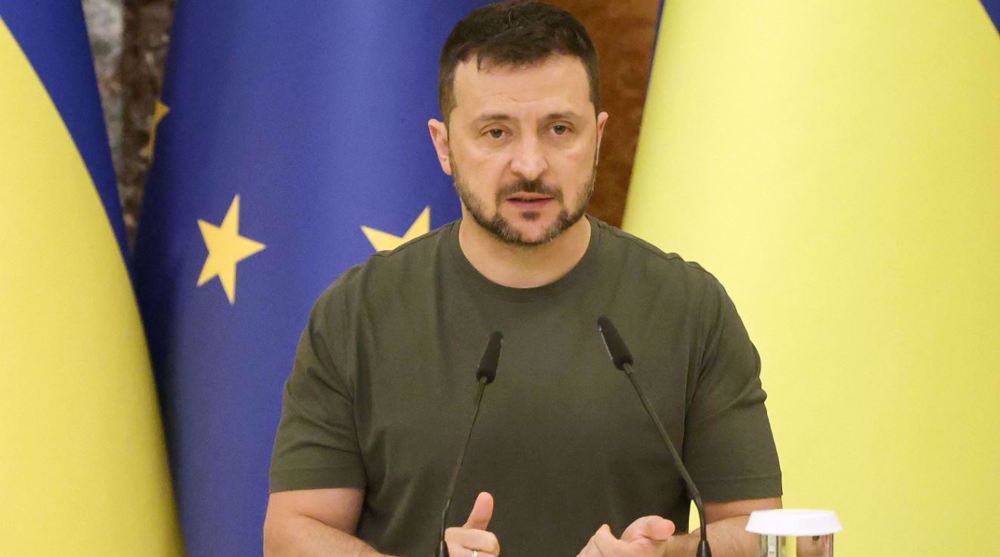
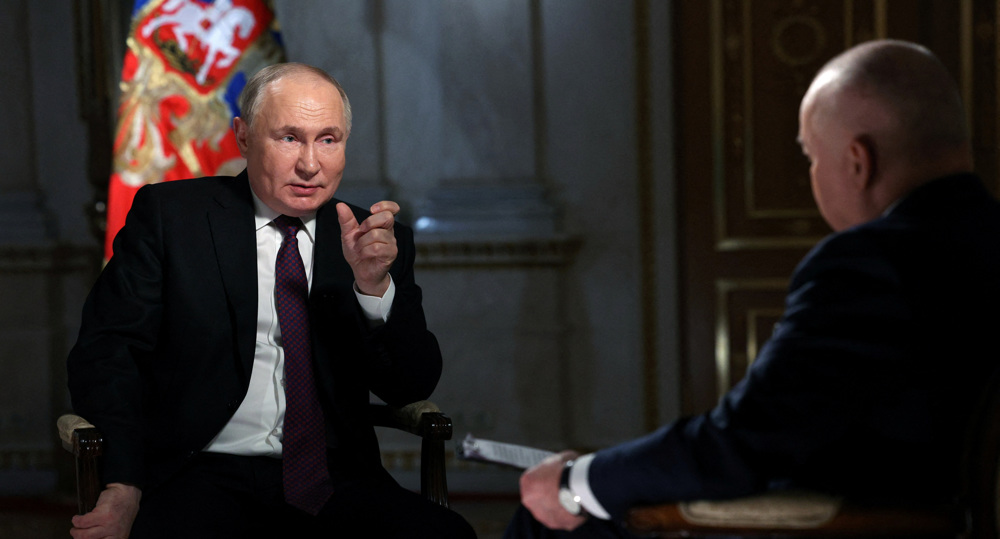
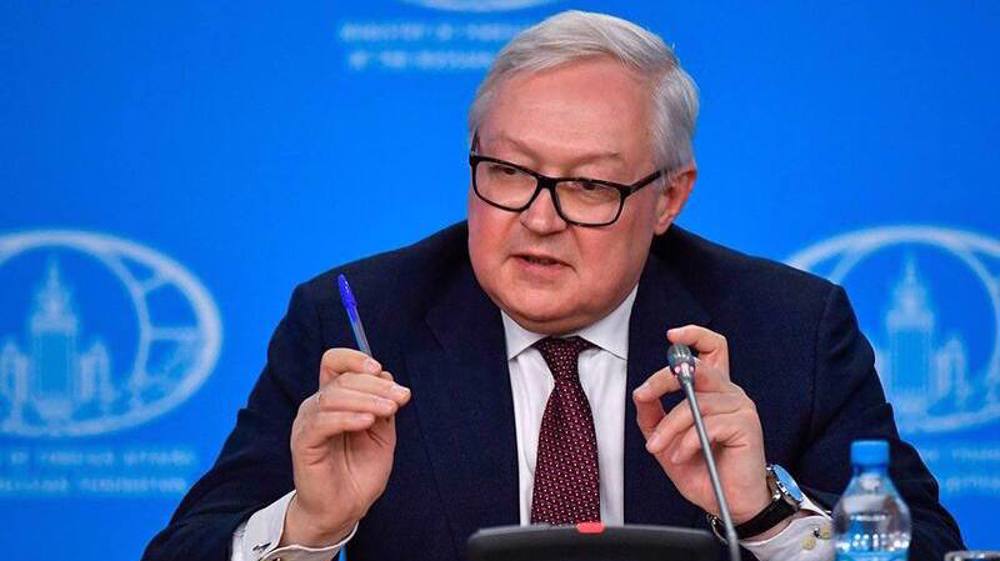
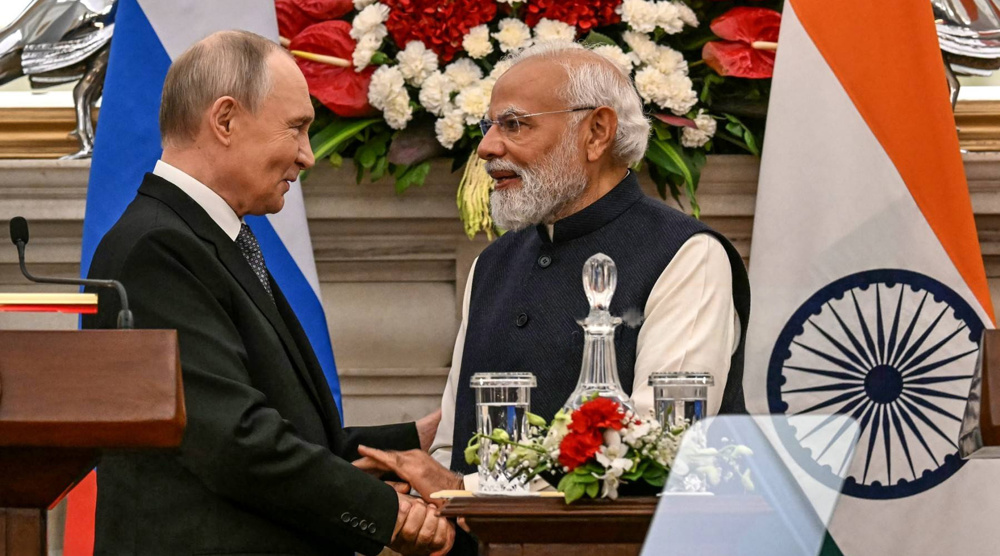
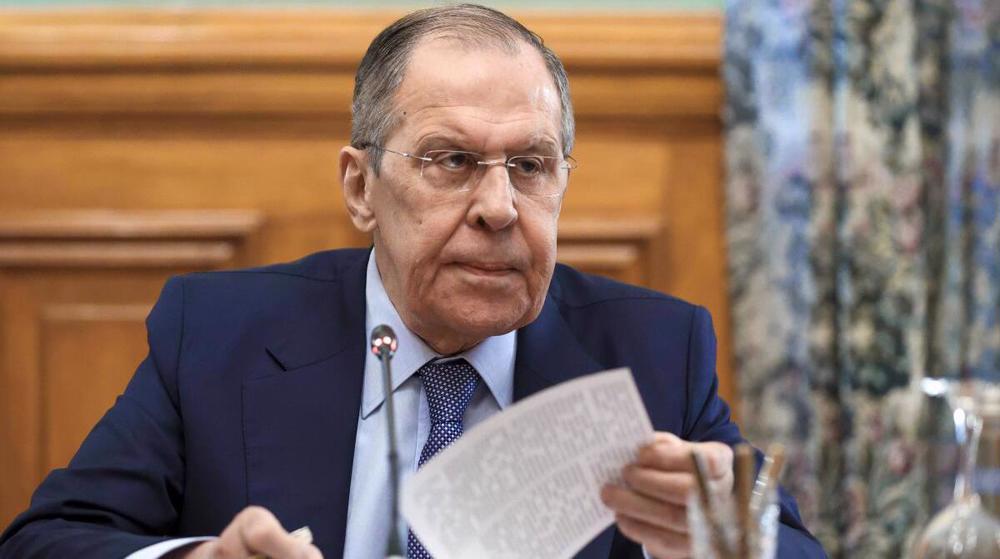




 This makes it easy to access the Press TV website
This makes it easy to access the Press TV website